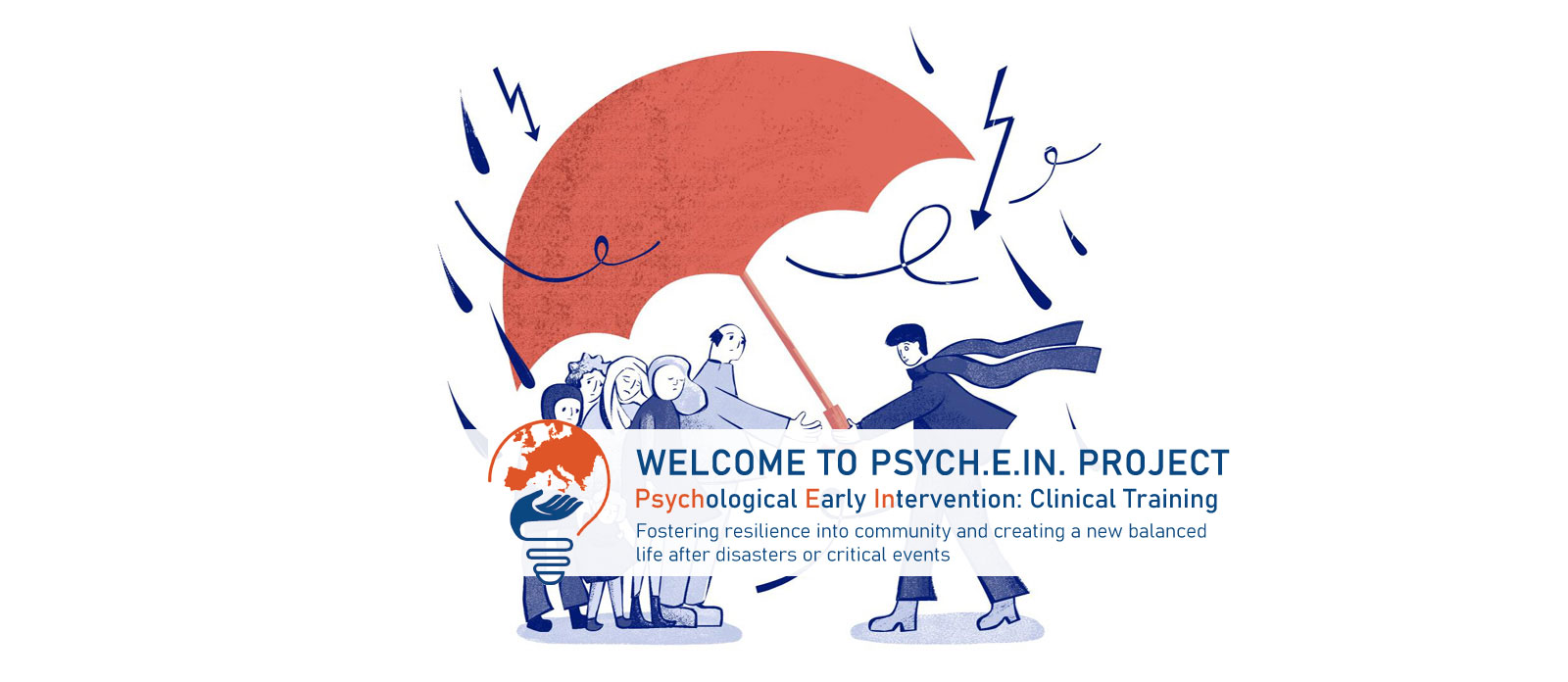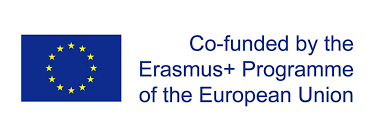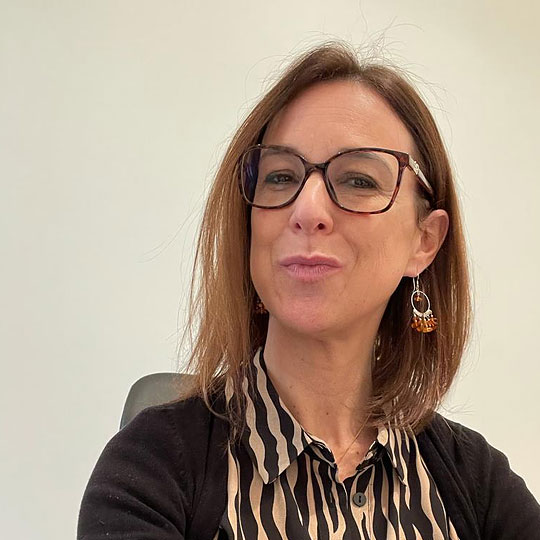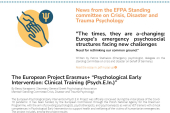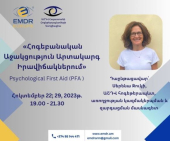
“ I was delighted to attend the first presentation (ME, 21/01/2023) of« Psych.E.In, a brave , all inclusive project that we really needed in order to develop a common approach to quickly intervene in recurring emergency crises across Europe. The division into the three sectors is very interesting. When faced with an emergency group situation, we need to focus on trained psychologists as well as on those in training; on coaches , social workers, teachers and trainers of psychologists i.e. people who work with people. Before we even think of the vast number of approaches to trauma , we must not forget that the cornerstone of helping those in need, traumatised adults and children, is learning to listen and hear empathically their suffering and loss. ”
Ellen G.
Psychologue Clinicienne, Psychothérapeute/Superviseur EMDR, Thérapie Familiale, couple et enfant, Hypnose Ericksonienne, Sensori-moteur Psychotherapy












